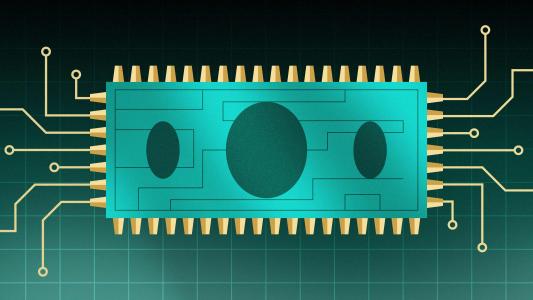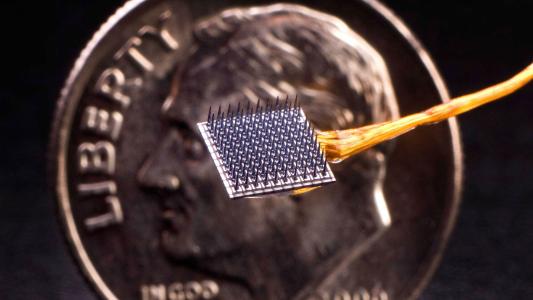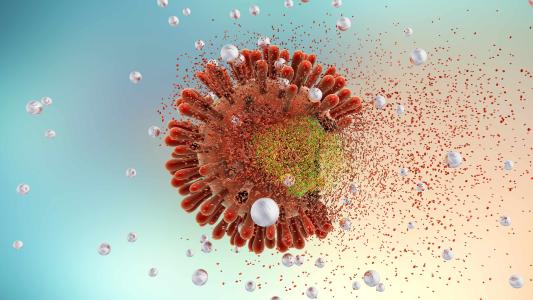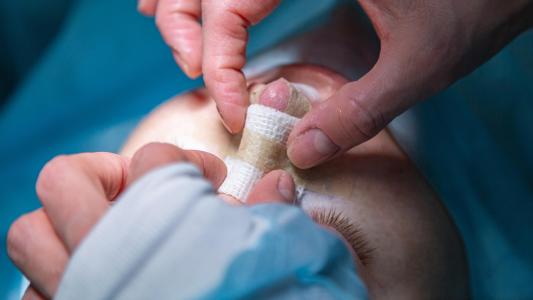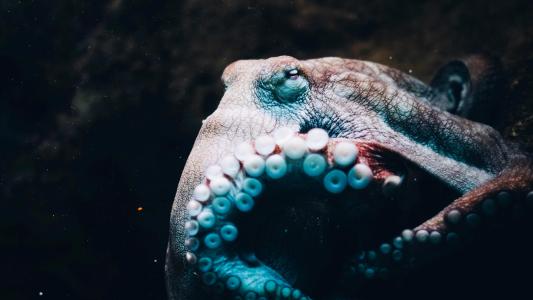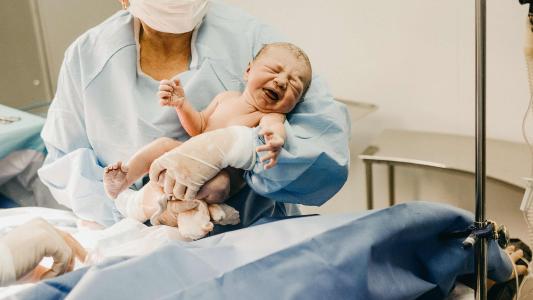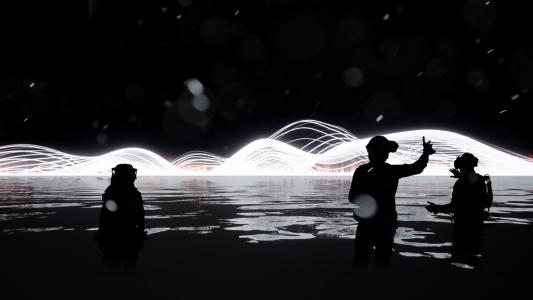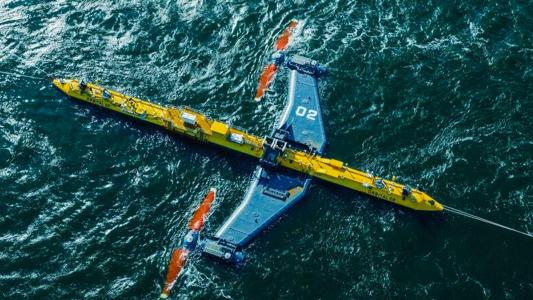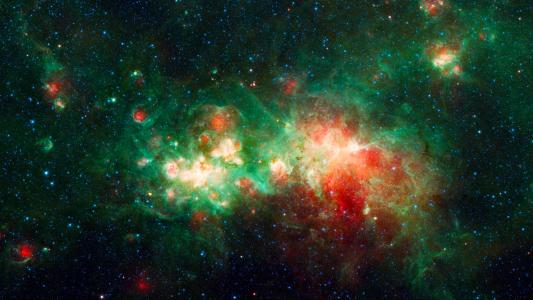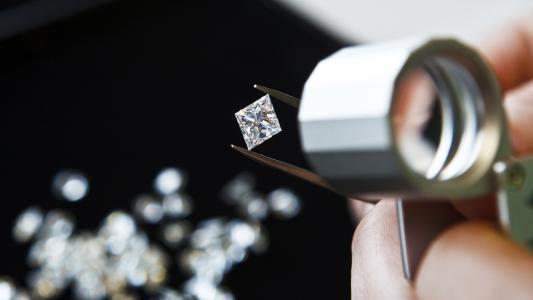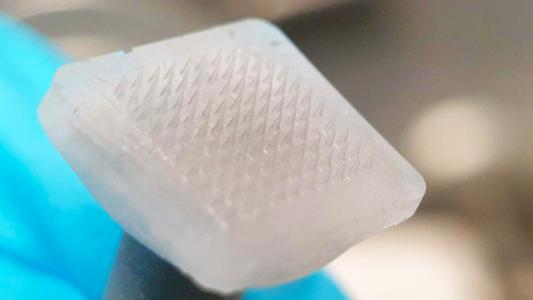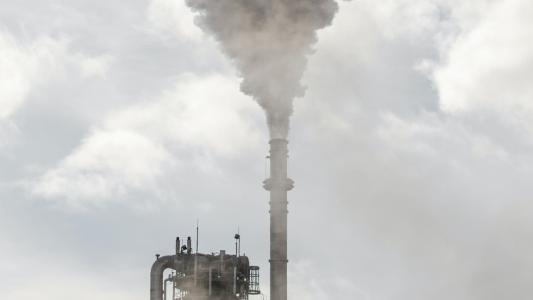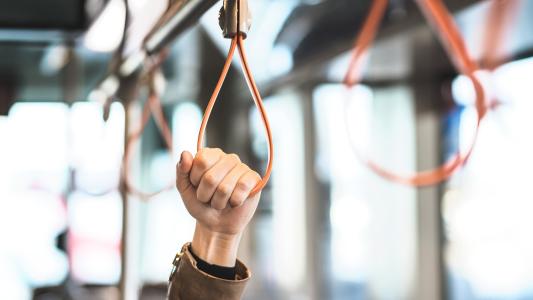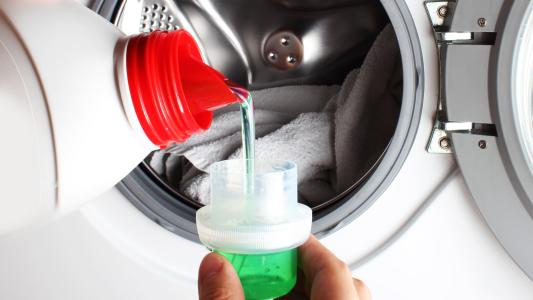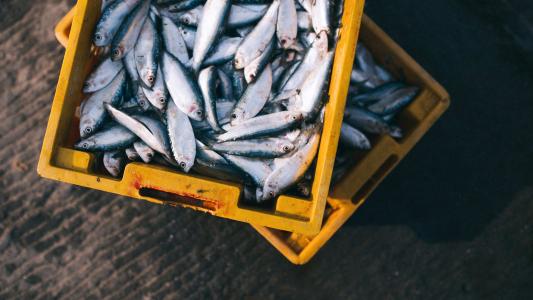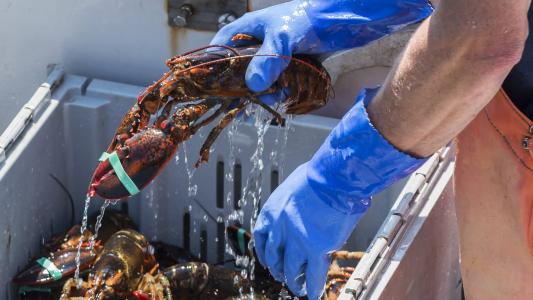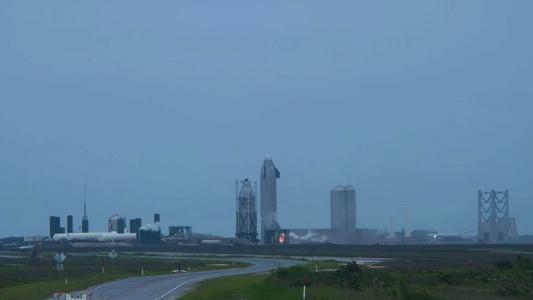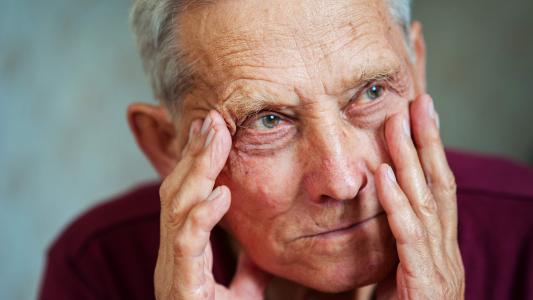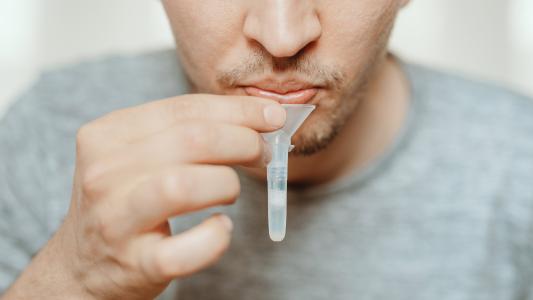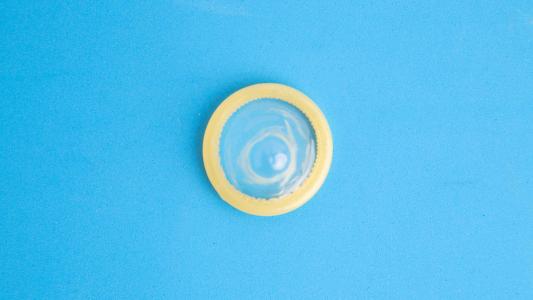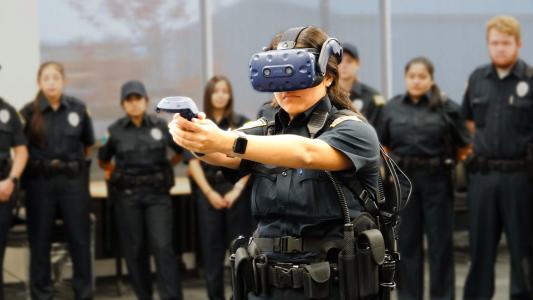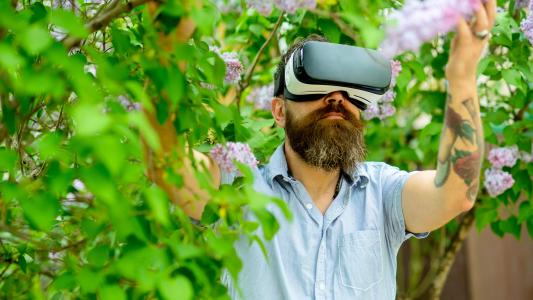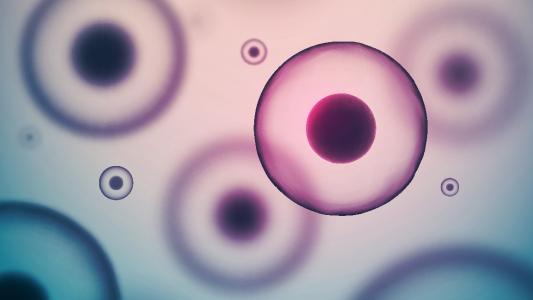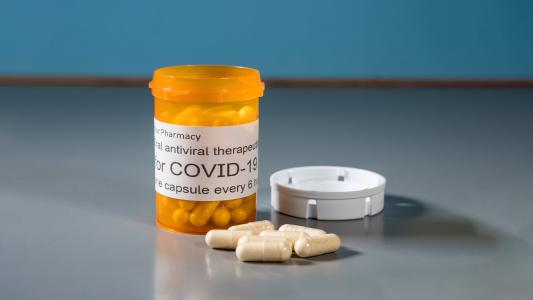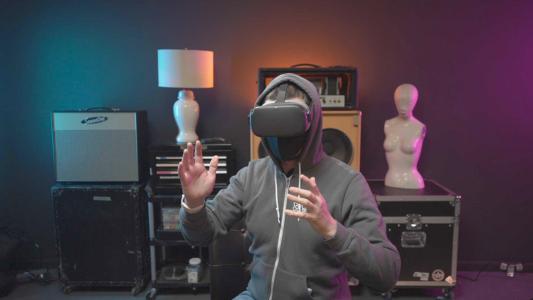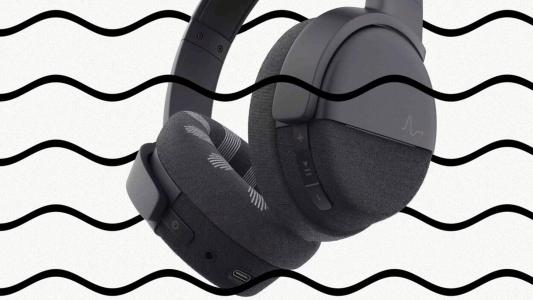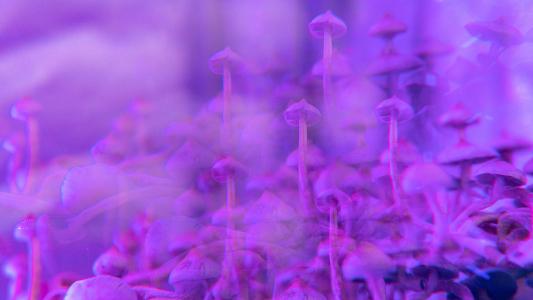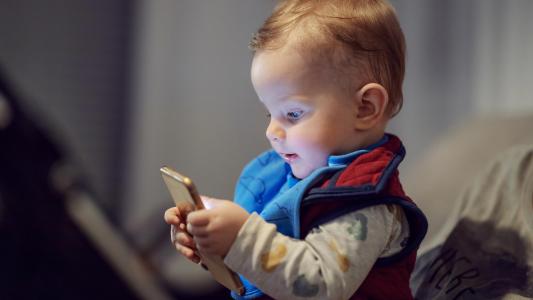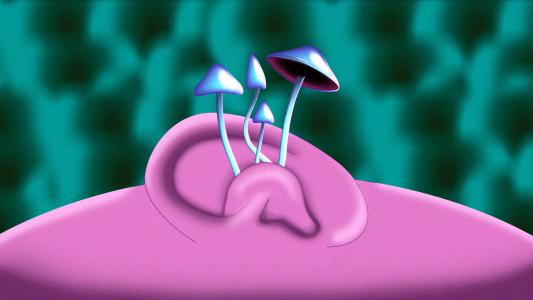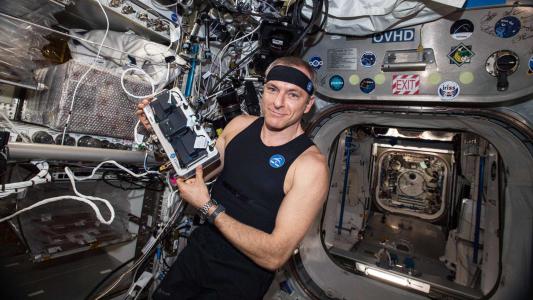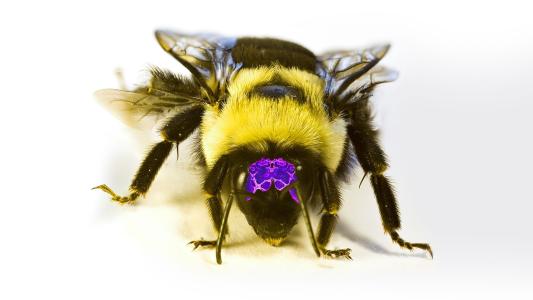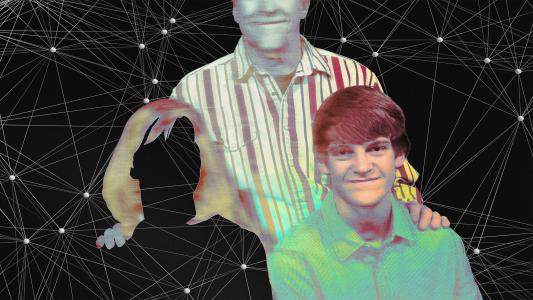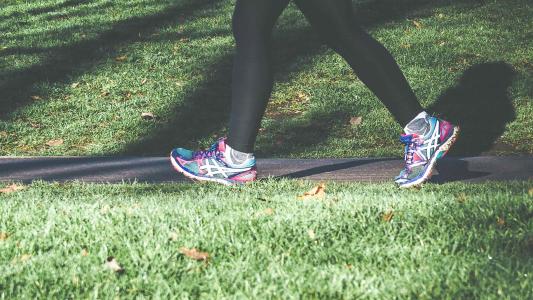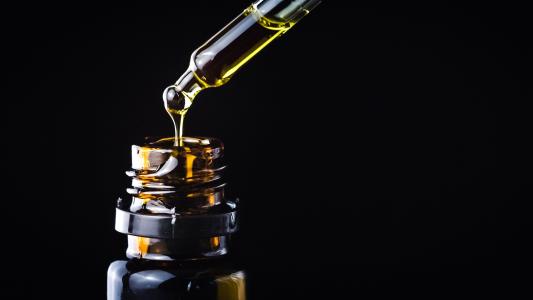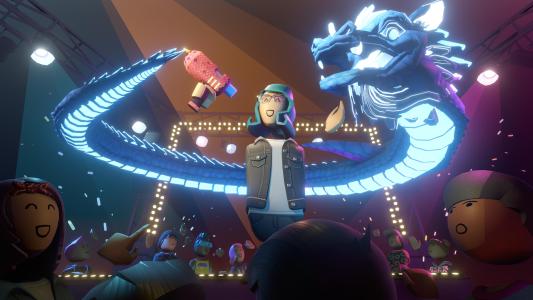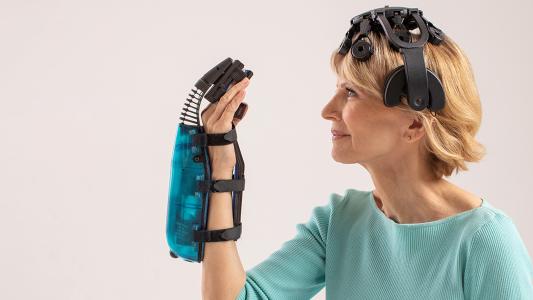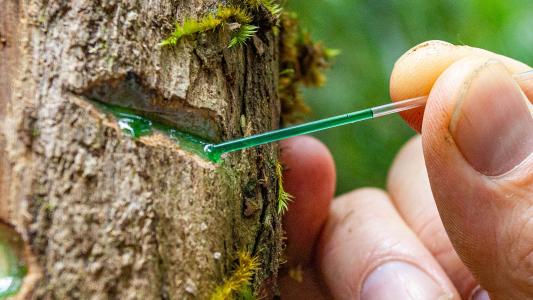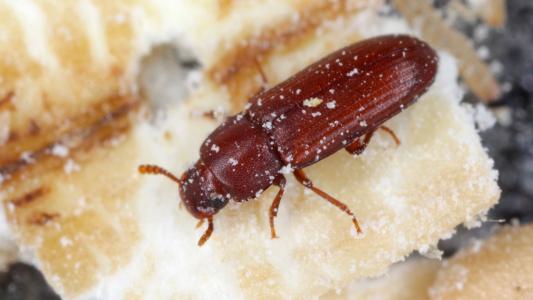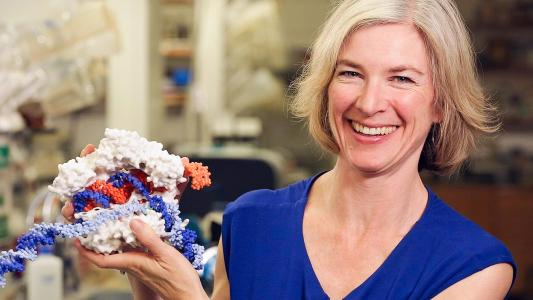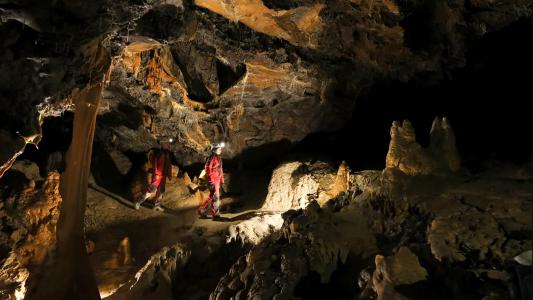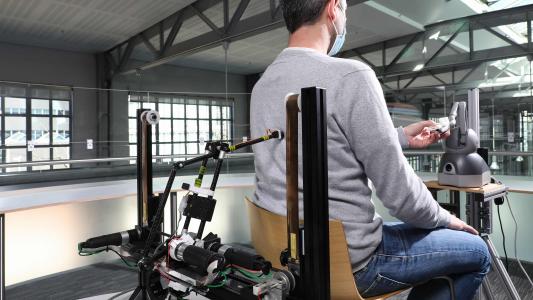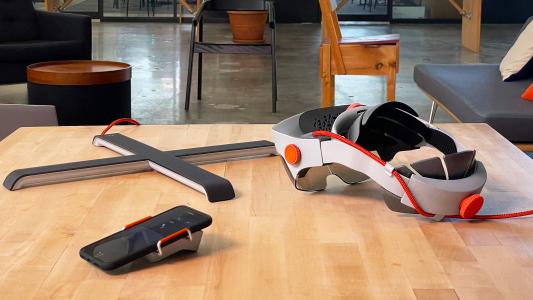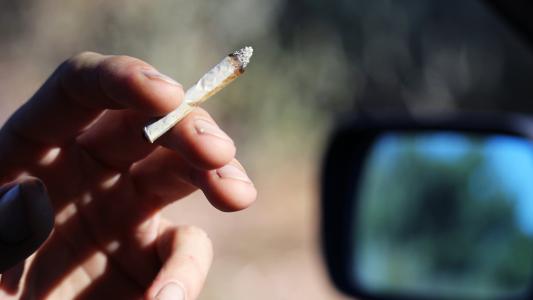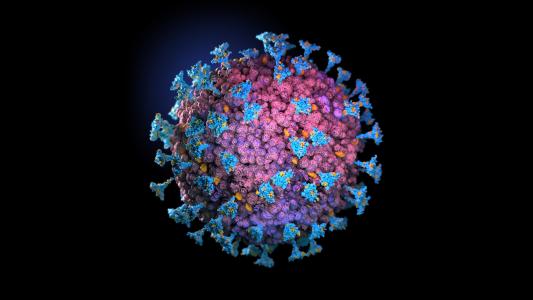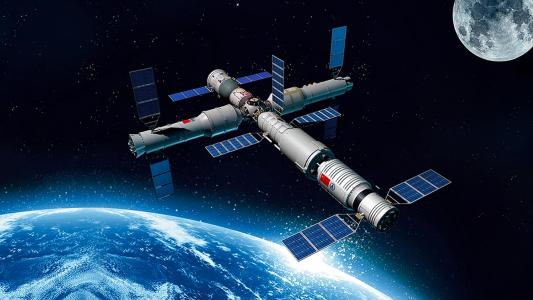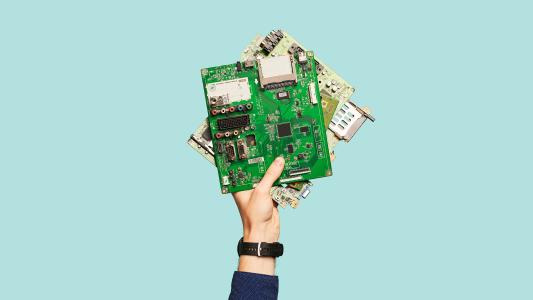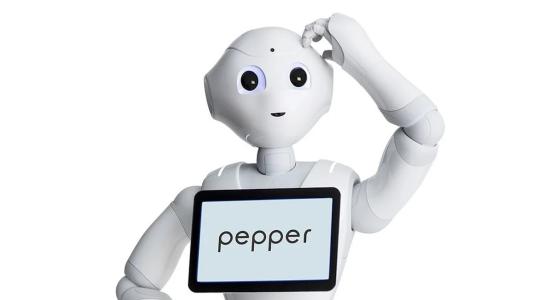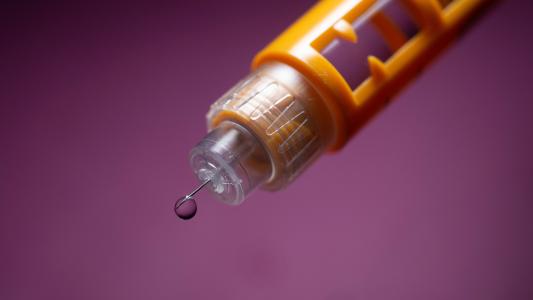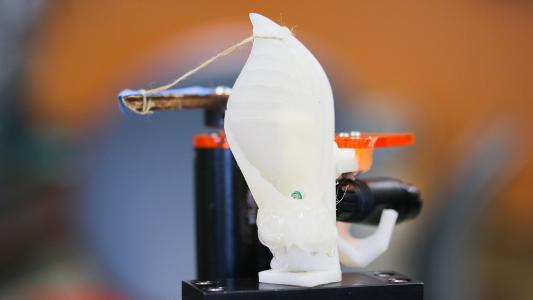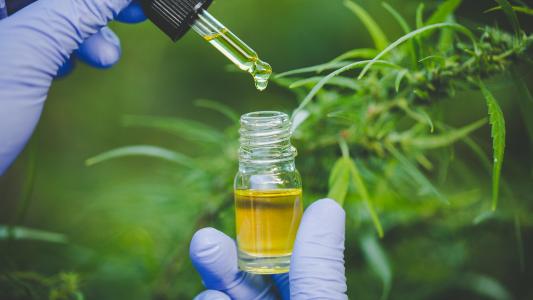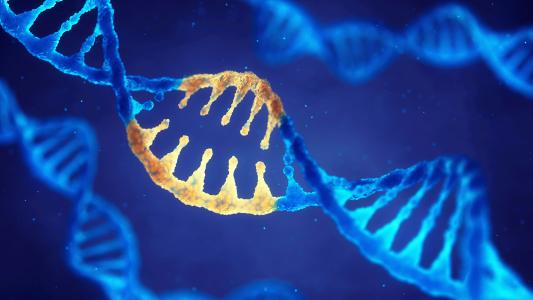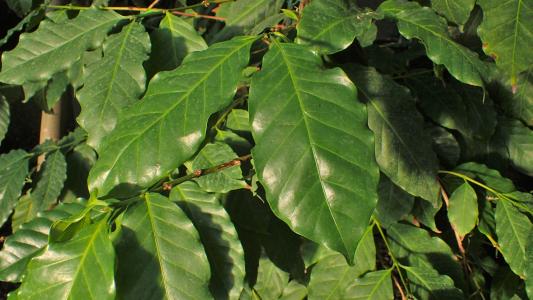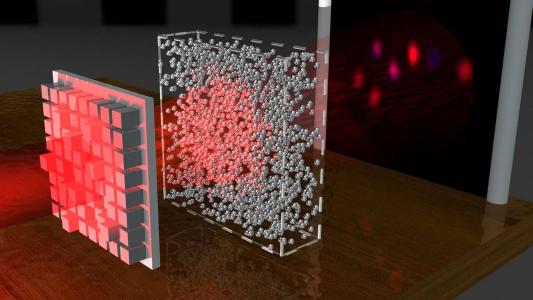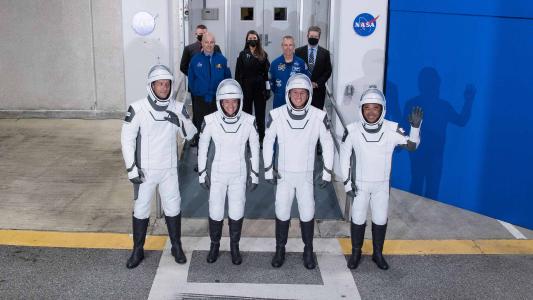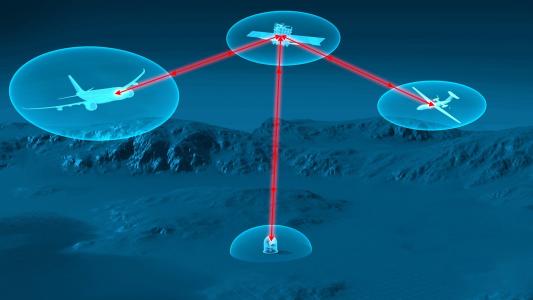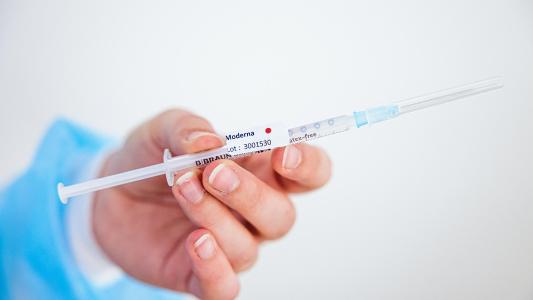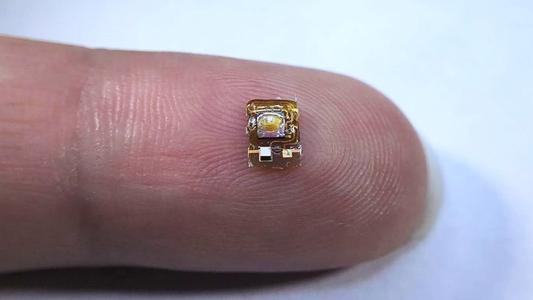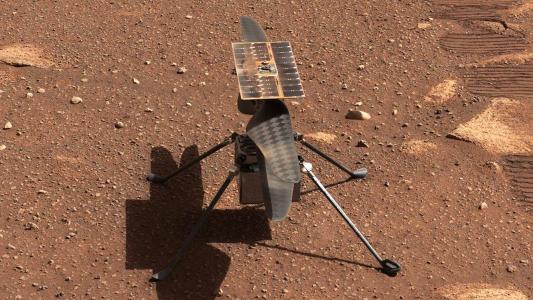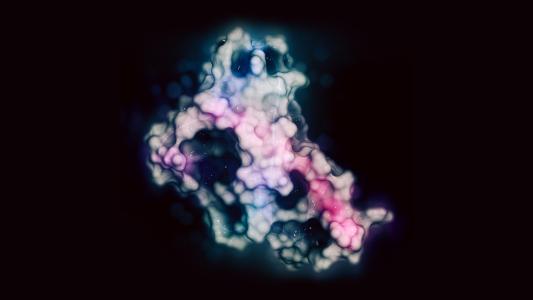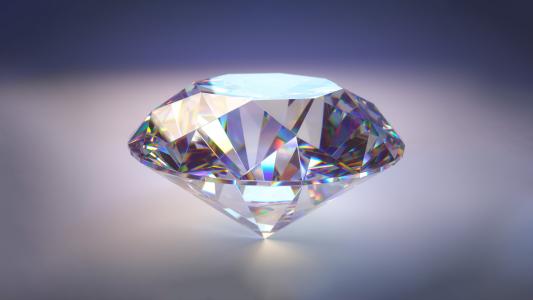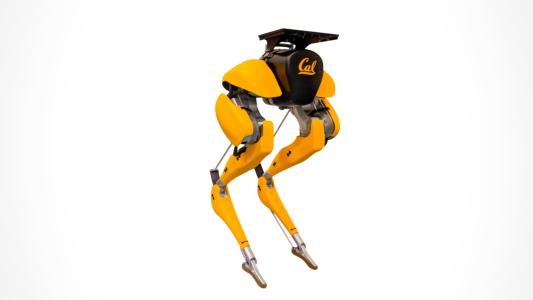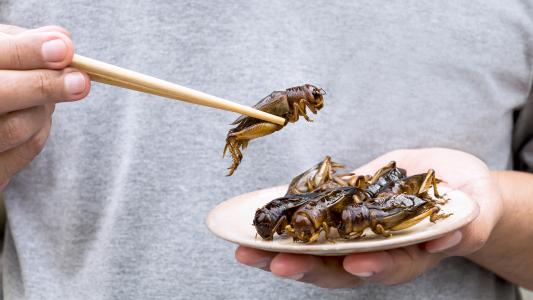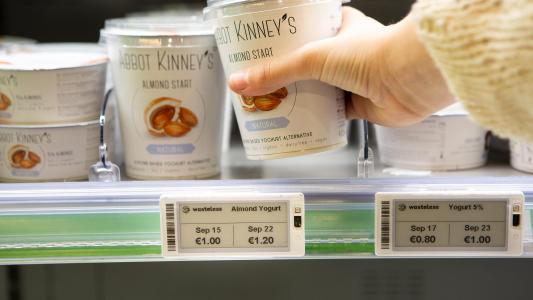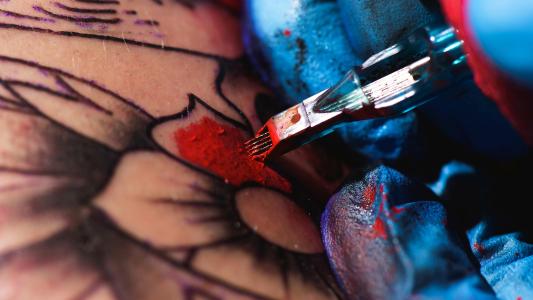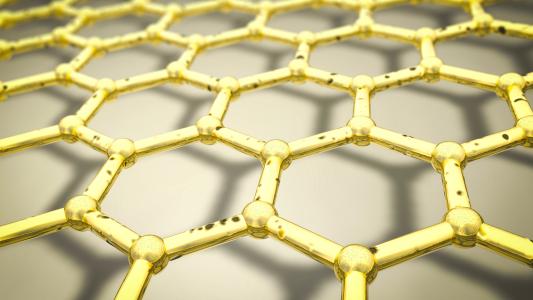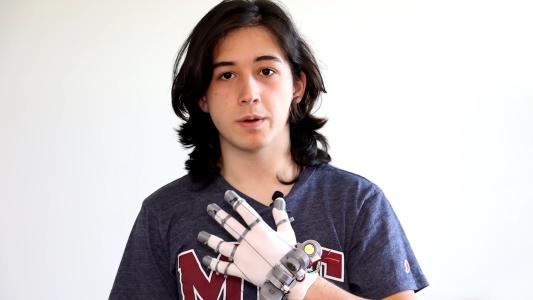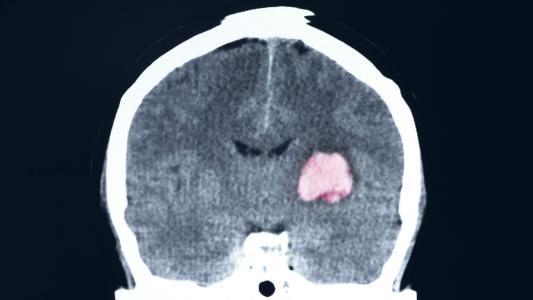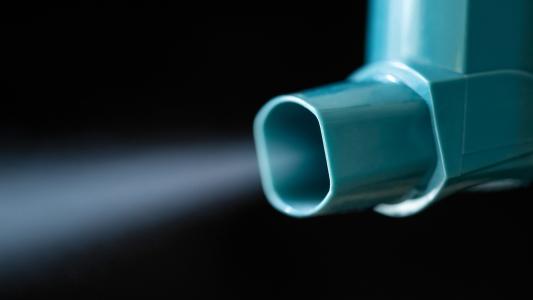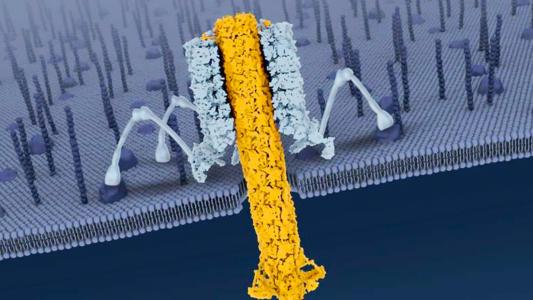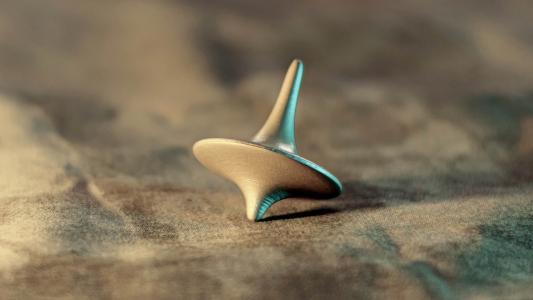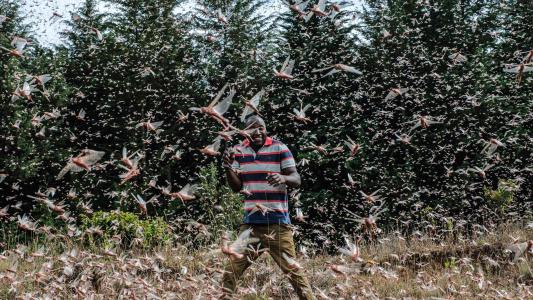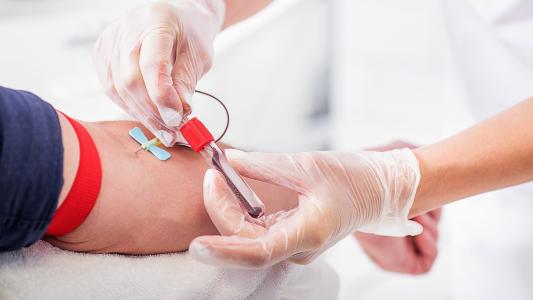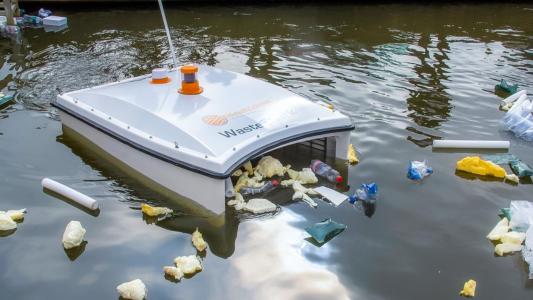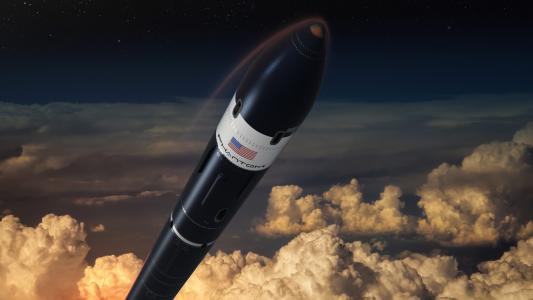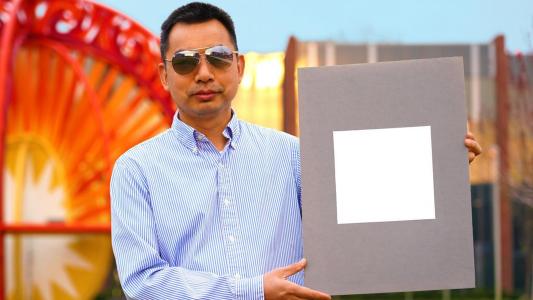Supercentenarians’ DNA reveals clues to human longevity
A human longevity study involving people over the age of 105 has found that genetic variants linked to DNA repair appear to contribute to a longer life.
Stablecoins, CBDCs, and the future of money
What role would a Fedcoin play in the evolving landscape of digital currency?
New brain-computer interface turns mental handwriting into text
A new brain-computer interface translated a paralyzed man’s “mental handwriting” into text on a computer screen.
How a smartphone app is helping suppress HIV
An HIV app that uses gaming elements to motivate people to stick to their ART regimen was able to increase viral suppression in a small study.
3D-printed nose cartilage may someday fix your face
Researchers have developed a way to bioprint nose cartilage that they hope will one day minimize the need for invasive harvesting from the ribs.
How will movie theaters survive post-pandemic?
Chicago musician Chance the Rapper is releasing his new concert film, “Magnificent Coloring World,” exclusively through AMC Theatres.
"Octopus vision" may help prevent human blindness
A new medical device that gives optometrists a fast, easy way to monitor a key macular degeneration risk factor was inspired by octopus vision.
We bought an NFT of this article about NFTs
Here's why this might be the future of the Internet.
Startup turns sawdust “ink” into 3D printed wood
Massachusetts startup Forust can make 3D printed wood with a natural-looking grain out of two wood waste products: sawdust and lignin.
New blood test could predict the onset of labor
Stanford University researchers have identified blood-based biomarkers that can be used to predict the onset of labor in pregnant women.
World’s first VR opera to open in London
“Current, Rising,” the world’s first VR opera, promises to immerse audiences in a “hyper-reality” made possible by technology.
World's largest tidal energy turbine will prove its worth
Orbital Marine Power successfully launched a tidal turbine that will soon become one of the world's most powerful tidal energy sources.
Algorithm quickly simulates massive universes in high-res
A new algorithm lets astrophysicists produce high-res cosmological simulations of large parts of the universe far more quickly than was previously possible.
The first 3D-printed house made with dirt
The world’s first 3D-printed house made from dirt is environmentally friendly and looks great.
World’s biggest jeweler will only sell lab-created diamonds
Jewelry company Pandora has announced plans to start using only lab-created diamonds in its products, officially turning its back on diamond mining.
Icy microneedle patch delivers cell therapy, then melts
A new microneedle patch features needles made of ice instead of traditional materials, making it suitable for cell therapy delivery.
How balloons could soak up carbon and fight climate change
A new startup plans to strap direct air capture technology to balloons and float them into the atmosphere to collect and store carbon dioxide.
Transloc is using big data to create a more efficient public transit system
In partnership with Ford
Cities across the U.S. are creating on-demand van transportation systems that work like Uber, but for the cost of a bus fare.
This laundry detergent is made from recycled carbon
Consumer goods company Unilever is now selling a laundry detergent that’s made using recycled carbon instead of traditional fossil fuels.
Why this scientist wants to grow fish on the moon
Researchers are finding out how to send fish eggs to the moon so that one day we will be able to farm fish on the lunar surface.
Startup aims to put lab-grown lobster on the menu
Wisconsin startup Cultured Decadence is developing lab-grown lobster meat in the hopes of meeting a demand currently threatened by climate change.
These plants have been genetically modifying themselves for decades
New evidence shows that plants have been genetically modifying themselves for decades in a process called lateral gene transfer.
Starship nails landing for the first time
SpaceX’s fifth high-altitude flight test of a Starship prototype ended with a successful landing — a first for the massive Mars-bound rocket.
Four types of Alzheimer’s discovered in international study
A study has identified four distinct types of Alzheimer’s disease, based on how the tau protein spreads in patients’ brains.
This spit test will help couples know their baby's risk of genetic disease
A new genetic test offers prospective parents a "polygenetic risk score," or an estimate of their potential offspring's predisposition to certain conditions.
NASA plans to send probe deep into interstellar space
An in-development Interstellar Probe could explore an area 10 times farther away than any craft before it, providing an unprecedented look at interstellar space.
Desiging a better condom
Around the world, new materials and approaches are being studied as researchers look to create the condom 2.0.
Controversial police killings are being recreated in VR
Virtual reality simulations of controversial police killings of Black Americans are being included in a police training program.
Simulated walking is a big step forward for VR accessibility
Researchers in Japan have developed a system that makes your brain think you're walking — even when you're sitting still.
What’s at stake in the Epic vs. Apple trial
One of the biggest antitrust lawsuits in the history of Big Tech kicked off this week — here’s what you need to know.
Customized stem cells could show us how dementia happens
By turning human cells into induced pluripotent stem cells, researchers hope to finally map the genetic path to Alzheimer’s disease.
Pfizer is testing a coronavirus antiviral
Pfizer is testing a new coronavirus antiviral that has stopped SARs-CoV-2 from replicating in the lab in humans.
Making VR more accessible for the hearing impaired
In his latest project, Myles de Bastion shows how VR accessibility could be extended to the hearing-impaired in remote settings through ‘environmental captioning’ and sign language.
These brain-sensing headphones could help you focus
Boston startup Neurable is now accepting preorders for Enten, brain-sensing headphones that use EEG data to help users’ maximize their focus.
Look at how much the planet has changed in four decades with Google Earth Timelapse
The new Google Earth Timelapse feature lets us scan the globe and look back from the present day to 1984 to see how human action and natural forces have changed the planet since the 1980s.
Phase 2 trial finds psychedelic works as well as common drug
A small study has provided evidence of psilocybin for depression working as well as a popular SSRI.
App can detect early sign of autism in toddlers
A Duke University smartphone app that can detect an early sign of autism in toddlers could one day make diagnosing autism in young children far easier.
Fireside Project is a support line for your bad trip
Fireside Project is a nonprofit that is providing a support line for your challenging psychedelic experiences — read: bad trip.
Smart shirt monitored astronauts’ health in space
A sensor-packed smart shirt has been used to monitor astronauts’ health in space, with promising results.
Neuroscientists are making "bug brain soup"
A novel method for counting neurons that involves mashing insects’ brains into a “soup” has led to several new discoveries about bugs.
You can now live forever. (Your AI-powered twin, that is).
Mind Bank AI wants to create a “personal digital twin” of you to forever be around. Is AI eternity around the corner?
Stanford’s ankle exoskeleton lets you walk 40% faster
An ankle exoskeleton that significantly increases self-selected walking speed could make it easier for older people to get around.
Can we stop “deepfake geography”?
To highlight the problem of “deepfake geography,” University of Washington researchers built AIs to create and detect the fake satellite images.
"Complex" and "exciting": Researchers study the use of CBD for pain
In a small study, researchers at Syracuse found that both thinking you’re getting CBD for pain and the drug increase pain tolerance.
Would you spray this DIY COVID-19 vaccine up your nose?
Makers of a DIY COVID-19 vaccine are talking to governments about launching human challenge trials to quickly and cheaply find out if the vaccine is effective.
Rec Room is VR’s first ‘unicorn’ startup. Who are they and what makes them special?
An emphasis on community and user-generated content has driven success for the game-based virtual world.
FDA authorizes mind-controlled exoskeleton for stroke rehab
Neurolutions’ IpsiHand — a brain-computer interface that uses an exoskeleton to assist with stroke rehab — has been authorized by the FDA.
“Phytomining” trees can extract metal from the Earth
Phytomining, a technique that uses trees to soak the metals out of contaminated soil, could offer new ways to mine for metals that are more sustainable than the existing, environmentally destructive methods.
More than 5,000 tons of space dust hit Earth every year
We now know about how much space dust — micrometeorites that may have seeded Earth with the ingredients for life — hits the planet every year.
Is death by pee our next pesticide?
It may not be your number one idea, but having beetles pee themselves to death could be the next pesticide.
Meet Dr. Jennifer Doudna: She’s leading the biotech revolution
Jennifer Doudna on the future of CRISPR.
Volunteers in isolation experiment leave cave after 40 days
Volunteers spent more than a month living in a cave without any way to tell time as part of an isolation experiment called “Deep Time.”
AI helps people in war zones get their voices heard by leaders
The United Nations is using an AI tool to survey people living in war zones, giving them a voice during peacekeeping operations.
Back-poking robot triggers presence hallucinations
A back-poking robot can trigger presence hallucinations in people with Parkinson’s disease, giving researchers a way to finally study the phenomenon.
Holographic collaboration may be the future of work
Campfire emerges from stealth with an integrated system for real-time, remote 3D collaboration.
Is NASA ready for an asteroid impact?
NASA is staging a week-long asteroid impact simulation during which participants will need to respond to a hypothetical impact scenario.
How long are you too high to drive? The science is fuzzy.
Some drug driving laws outlaw any amount of THC. To create better laws, researchers are trying to find out how long cannabis intoxication itself lasts.
Can VR help formerly incarcerated individuals return to the job force?
Goodwill and Accenture have teamed up to create “Project Overcome,” a VR experience that simulates the job-seeking process in hopes of curtailing recidivism.
A seaweed diet could eliminate most of cows’ greenhouse emissions
Researchers found that feeding dairy cows just a touch of seaweed dramatically lowered the amount of methane emissions they released.
Oxford launches COVID reinfection study
To try and understand the immune response to SARS-CoV-2, including the threat of COVID reinfection, the University of Oxford will purposely infect volunteers.
Chinese Space Station is ready for launch — in pieces
Construction is finally beginning on the Chinese Space Station, with its core module — Tianhe — expected to lift off in April 2021.
Oxford malaria vaccine is 77% effective in young children
A malaria vaccine developed by Oxford University was 77% effective at protecting children during a phase 2 trial in Africa.
Tech dump is finding a place for ex-offenders
Electronic waste is the fastest-growing garbage stream in the world. This nonprofit is counting on it to give formerly incarcerated people a head start.
We can now hear an AI robot’s thought process
This robot’s thought process isn’t a secret — researchers gave the AI the ability to share its internal monologue with humans.
Weekly insulin shots may be “game-changer” for diabetes
Daily insulin injections can be burdensome and stigmatized. New clinical trials suggest a weekly insulin regimen can work just as well.
Bat-inspired sound location tech could allow drones to fly solo
Inspired by bat’s ears, researchers at Virginia Tech have created a device capable of pinpointing sound location more accurately than other tech — or our ears.
Drone light show creates scannable QR code in the sky
A drone light show staged in celebration of the “Princess Connect! Re:Dive” video game ended with the drones forming a scannable QR code in the sky.
Can CBD be the next superbug slayer?
In the search for new weapons against superbugs, CBD and antibiotics in combination, as well as CBD alone, may prove to be promising candidates.
Reversible gene editing is on the horizon
In the future, we may be able to turn CRISPR off whenever we wanted.
Cultured meat is now available for home delivery
People in Singapore are the first in the world to have the option of having meals made from cultured meat delivered directly to their homes.
Rare wild coffee species brews hope for coffee’s future
A rediscovered coffee plant that can flourish in warmer climates, according to scientists, may be the future of coffee production, helping future-proof the morning ritual against climate change.
Whole Foods shoppers can now pay with palm scans
Amazon is bringing its palm print-scanning biometric payment technology to eight Whole Foods locations, with plans for further expansion.
Scientists may have found the secret to invisibility
Researchers have developed a unique light wave that, when beamed through an object, makes the object appear invisible to cameras and even the human eye. This could be the key to invisibility.
Astronauts take historic ride in used Dragon capsule
Four astronauts are en route to the International Space Station via a recycled SpaceX rocket and Dragon capsule — a first in spaceflight.
Airbus will test laser communication tech for inflight WiFi
Airbus is developing a laser communication system to increase the security of military operations and bring faster inflight Wi-Fi to passenger planes.
All adults in the US are now eligible for COVID-19 vaccines
In the U.S., anyone over the age of 16 is now eligible for COVID-19 vaccines — a major milestone along the path to herd immunity.
Implantable oxygen monitor could track deep-lying tumors
An implantable oxygen monitor developed at UC Berkeley could allow doctors to measure oxygen levels deep under patients’ skin.
NASA’s Ingenuity helicopter just flew on Mars
NASA’s Ingenuity helicopter has made history on Mars, achieving the first controlled flight on another planet.
Scientists may have figured out how to fight prion disease
Researchers believe they have found a spot on a mutated prion protein that can lead to brain-spongifying disease.
Food supplement appears to “cure” malnutrition in children
A food supplement designed to cure malnutrition in children doesn’t just deliver calories — it also helps promote a healthy gut microbiome.
This new crystal, produced with gunpowder, is stronger than diamond
Researchers have developed hexagonal diamonds — the mineral lonsdaleite — large enough to study in a lab and test their stiffness and hardness.
These robot legs taught themselves to walk
A pair of robot legs were able to teach themselves to walk thanks to a unique twist on reinforcement learning, a common AI training technique.
Solar canals in CA could save 63 billion gallons of water a year
Researchers looked into what it would take to cover California’s canals with solar panels and found that the benefits of solar canals outweigh the costs.
AI reconstructs lost art painted over by Picasso
You can now buy a reconstructed piece of lost art discovered lurking beneath a famous Picasso painting.
We don’t have to eat insects. But feeding them to animals could save the planet
Edible insects could more than make up for the world's protein deficiency while cleaning up waste and using fewer resources. But we don't have to eat them. We can use them in animal feed instead.
Digital price tags auto-discount groceries to avoid food waste
A startup called Wasteless uses dynamic pricing and electronic shelf labels to help minimize food waste at grocery stores.
Tattoo shy? no problem. these tats are made to fade
Ephemeral launched the first-ever made-to-fade tattoo ink, allowing people to get tattoos without committing to them for the rest of their lives.
Color-changing gold tattoo can monitor your health
Researchers have found a way to use gold nanoparticles to help diagnose medical problems by embedding them in an invisible tattoo.
YouTuber builds VR gloves for just $22
YouTuber Lucas VRTech developed a pair of open source, finger-tracking VR gloves that cost just $22 in materials.
Can seaweed save the planet?
A Maine startup is growing vast quantities of seaweed and then burying them at the bottom of the ocean to sequester carbon for carbon offsets.
A modified herpes virus can fight brain cancer in children
In a small clinical trial, using herpes viruses modified to only infect tumors — oncolytic virus therapy — more than doubled the life expectancy of children with aggressive brain tumors.
Inhaled asthma drug accelerates COVID-19 recovery at home
Budesonide — a cheap, inhaled asthma drug that can be self-administered — appears to shorten at-risk COVID-19 patients’ recovery times.
Bacteria nanomachines fire smart missiles that could replace antibiotics
Researchers want to use bacteria-made nanomachines called tailocins to help fight enemy bacteria strains in the human body.
Muon particle’s “wobble” appears to break the laws of physics
The muon, a fundamental particle nicknamed the “fat electron,” has physicists questioning the standard model of particle physics.
How tech helped beat back locust swarms in East Africa
Billions of locusts descended on East Africa in 2020, where new technology helped stop their spread.
Can a blood test help diagnose depression?
An objective blood test could help provide a clearer understanding of the patient’s mental health.
Autonomous trash-eating boats clean up water pollution
New designs in autonomous boats, and a trash wheel that intercepts drifting trash, act as on-the-water trash-eating machines.
This startup’s goal is to be the “Henry Ford of space”
The startup Phantom Space is using other manufacturers’ parts to build its rockets, rather than developing them in-house like most space companies.
The world's whitest paint can cool your house — and the Earth
The whitest white paint reflects up to 98.1% of sunlight, which could make it useful for cooling homes in place of energy-hogging air conditioners.

